(Español) Co-imaginar las películas, hacia un cine antropológico más improvisado y compartido. Alexander Cabeza Trigg
(Español)
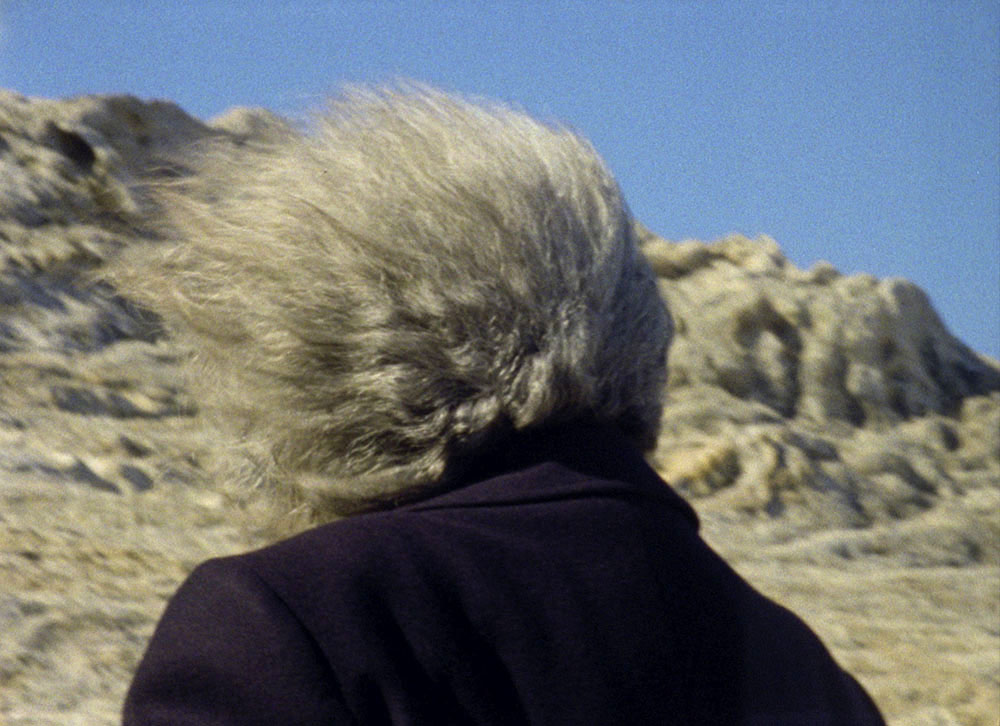 Tras pasar por el último festival Punto de Vista con su cortometraje La tramuntana (2020), Alexander Cabeza Trigg reflexiona en este texto sobre su forma de acercarse a la creación fílmica, basada en una práctica que como el mismo autor indica pretende “explorar historias, experiencias y lugares más allá de los límites tradicionales del género documental”.
Tras pasar por el último festival Punto de Vista con su cortometraje La tramuntana (2020), Alexander Cabeza Trigg reflexiona en este texto sobre su forma de acercarse a la creación fílmica, basada en una práctica que como el mismo autor indica pretende “explorar historias, experiencias y lugares más allá de los límites tradicionales del género documental”.
“… cómo el hecho de estar abierto a la improvisación y a las voces de aquellos que forman parte del proceso lleva a encontrar imágenes nuevas. Imágenes inesperadas, liberadas de las “imágenes primeras” o de un sentido prescrito, que abren pequeños espacios de donde emergen “uniones inesperadas de imágenes”, tal y cómo decía Bachelard cuando hablaba del sentido de la imaginación”.
(Español) Berlin rehearsal, La rara troupe
(Español) Debajo del Polo Norte. Raúl Alaejos
(Español) Contra una respiración propia. Exposición en el Centro de Arte DA2
(Español)
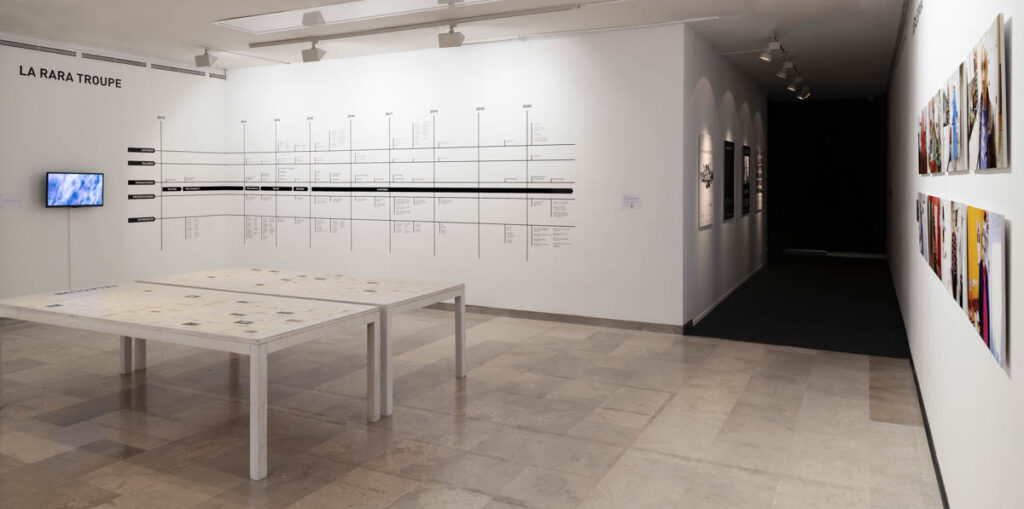 Del 15 de octubre de 2020 al 31 de enero de 2021
Del 15 de octubre de 2020 al 31 de enero de 2021
Centro de Arte DA2 (Salamanca), Sala 5
pdf hoja de sala Unas/prácticas/curiosas
Contra una respiración propia muestra la totalidad de los proyectos realizados por el LAAV_ hasta la fecha. La investigación “en” y “de” los propios procesos de trabajo es una de las bases fundamentales del LAAV_, por encima incluso de los propios resultados, y es eso precisamente lo que Contra una respiración propia muestra a través de un diseño expositivo que marca cinco líneas de tiempo que describen el devenir de cada uno de los proyectos.
La exposición incluye dos espacios diferenciados pero complementarios para entender el funcionamiento del laboratorio. En el primer espacio de la sala se explican los cinco procesos de trabajo llevados a cabo por el LAAV_ utilizando recursos gráficos y cronológicos diferentes para cada uno de ellos. En el segundo espacio, convertido en una sala de cine, se pueden visionar las cuatro películas que actualmente forman parte de la Colección MUSAC, además de una selección de trabajos del colectivo La rara troupe.
(Español) La humana perfecta en la Bienal de Berlín
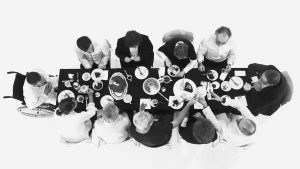 La La humana perfecta, de La rara troupe, ha sido seleccionada para participar en la 11 edición de Berlin Biennale for Contemporary Art, en el marco de la exposición The Crack Begins Within (La grieta comienza dentro). La temporada expositiva ha sido retrasada por causa de la pandemia al periodo 5 septiembre-1 noviembre. Los comisarios de esta edición son María Berríos, Renata Cervetto, Lisette Lagnado y Agustín Pérez Rubio.
La La humana perfecta, de La rara troupe, ha sido seleccionada para participar en la 11 edición de Berlin Biennale for Contemporary Art, en el marco de la exposición The Crack Begins Within (La grieta comienza dentro). La temporada expositiva ha sido retrasada por causa de la pandemia al periodo 5 septiembre-1 noviembre. Los comisarios de esta edición son María Berríos, Renata Cervetto, Lisette Lagnado y Agustín Pérez Rubio.
(Español) La apertura a lo que sucede o la posibilidad de contarnos cosas pequeñas y simples. Mafe Moscoso y Chus Domínguez.
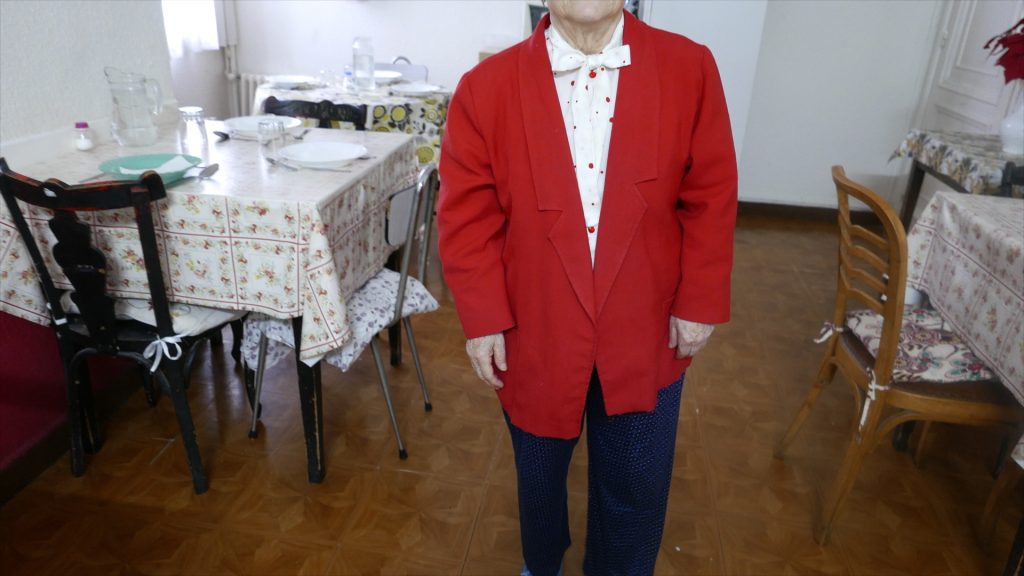 Extracted from the letters sent from researcher Mafe Moscoso and filmmaker Chus Dominguez on the project Hostal España between September of 2019 and May 2020.
Extracted from the letters sent from researcher Mafe Moscoso and filmmaker Chus Dominguez on the project Hostal España between September of 2019 and May 2020.
“I find that the idea of giving yourself materialy, sensory and aesthetically to the world is a mandatory condition of any research, but I would add the political as well. This would mean to give yourself materialy, sensorly, aesthetically and politically to the world, which takes me to what a write about on my previous letter: the approach, the relationships with which we weave relationships with, whose purpose is to produce ethnographic knowledge. Are we not talking about choosing a part of the universe to place an ethnographic gaze on it with care and tenderness? ”
This text is part of our series on the impossibility of anthropological cinema.
2020. Elena López Riera
 We continue with our route through the edges and contradictions of anthropological cinema. Now, it is curator and filmmaker Elena López Riera who proposes a spell through the echo of an old voice from the old ages to our hallucinated present. A text in which its core is placed the idea of the other, while being problematised. “Like it is still possible to define the boundaries between one identity and the other, like it is still possible to think ourselves as isolated individuals and not like polluted and polluting particles that impose their gaze, their condition, their tongues and fluids to any living being they establish a relationship with. Like we had forgotten that the other is not an absolute category but a category relative to our own subjectivity. “
We continue with our route through the edges and contradictions of anthropological cinema. Now, it is curator and filmmaker Elena López Riera who proposes a spell through the echo of an old voice from the old ages to our hallucinated present. A text in which its core is placed the idea of the other, while being problematised. “Like it is still possible to define the boundaries between one identity and the other, like it is still possible to think ourselves as isolated individuals and not like polluted and polluting particles that impose their gaze, their condition, their tongues and fluids to any living being they establish a relationship with. Like we had forgotten that the other is not an absolute category but a category relative to our own subjectivity. “
Five Tours, One Point of View. MUSAC Collection
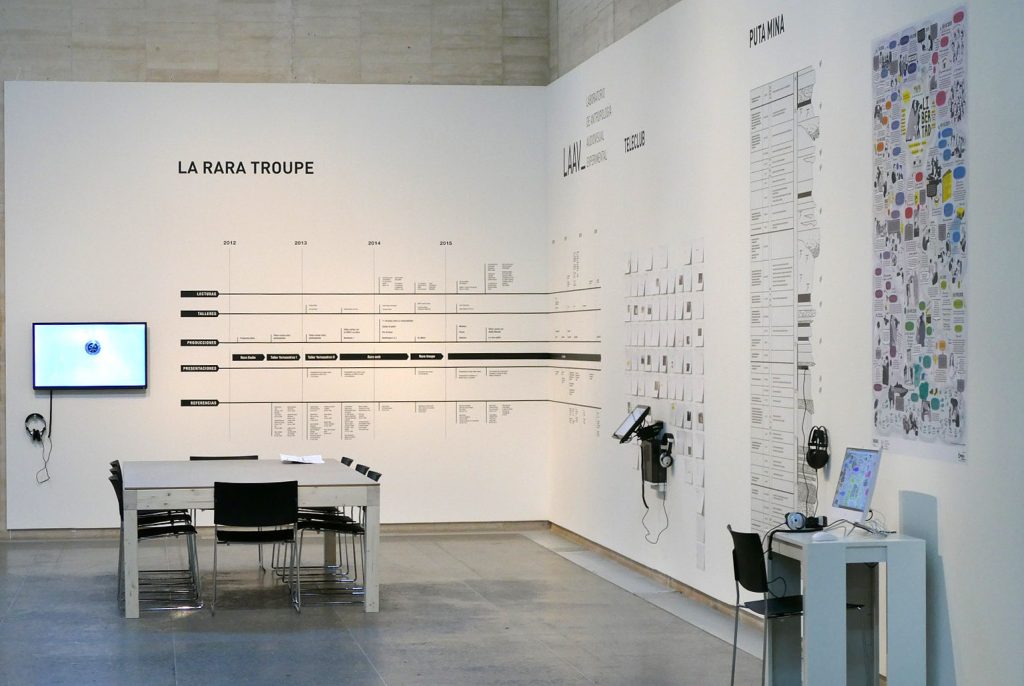 Four projects developed by LAAV_ are taking part of the exhibition Five Tours, One Point of View. MUSAC exhibition that will open its doors on January Saturday the 25th in MUSAC. In this exhibition, created on the occasion of the 15th anniversary of MUSAC, LAAV_ is located within the section Relational Dynamics. Context and situated action, curated by Manuel Olveira. Four timelines will be arranged to show the creative processes behind of which the projects La rara troupe, Teleclub, Damn Mine (Puta Mina) and Libertad have been realized. This is a space thought to stimulate dialogue, which will be activated with different actions throughout the time of the exhibition (until September the 20th 2020).
Four projects developed by LAAV_ are taking part of the exhibition Five Tours, One Point of View. MUSAC exhibition that will open its doors on January Saturday the 25th in MUSAC. In this exhibition, created on the occasion of the 15th anniversary of MUSAC, LAAV_ is located within the section Relational Dynamics. Context and situated action, curated by Manuel Olveira. Four timelines will be arranged to show the creative processes behind of which the projects La rara troupe, Teleclub, Damn Mine (Puta Mina) and Libertad have been realized. This is a space thought to stimulate dialogue, which will be activated with different actions throughout the time of the exhibition (until September the 20th 2020).
(Español) Rodando el límite. Autogestión y disparate, un nuevo proyecto de La rara troupe apoyado por la convocatoria Art for Change de la Caixa
(Español)
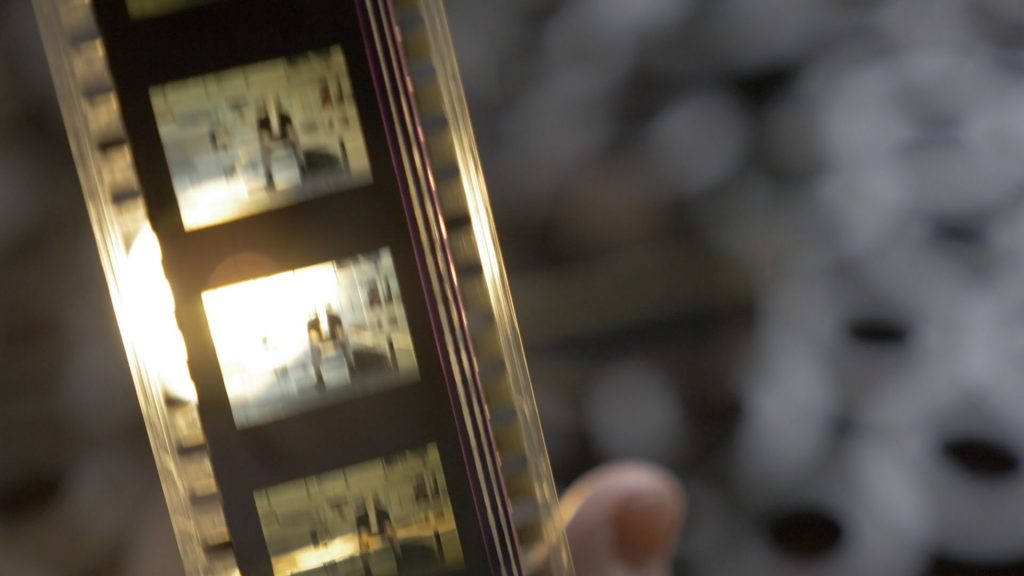 Rodando el límite: autogestión y disparate es un nuevo proyecto de La rara troupe que ha sido apoyado por la convocatoria Art for Change de La Caixa. El proyecto plantea convocar a un grupo de personas con intereses combinados tanto en el audiovisual como herramienta (de expresión, creación e investigación) como en el malestar psicosocial. El propósito es hacerlo extensible a colectivos y personas que se sitúan en “los márgenes” de lo que se entiendo por normalidad, tanto en lo referido a cuestiones de salud mental como a cuestiones físicas, laborales o sociales en sentido amplio.
Rodando el límite: autogestión y disparate es un nuevo proyecto de La rara troupe que ha sido apoyado por la convocatoria Art for Change de La Caixa. El proyecto plantea convocar a un grupo de personas con intereses combinados tanto en el audiovisual como herramienta (de expresión, creación e investigación) como en el malestar psicosocial. El propósito es hacerlo extensible a colectivos y personas que se sitúan en “los márgenes” de lo que se entiendo por normalidad, tanto en lo referido a cuestiones de salud mental como a cuestiones físicas, laborales o sociales en sentido amplio.